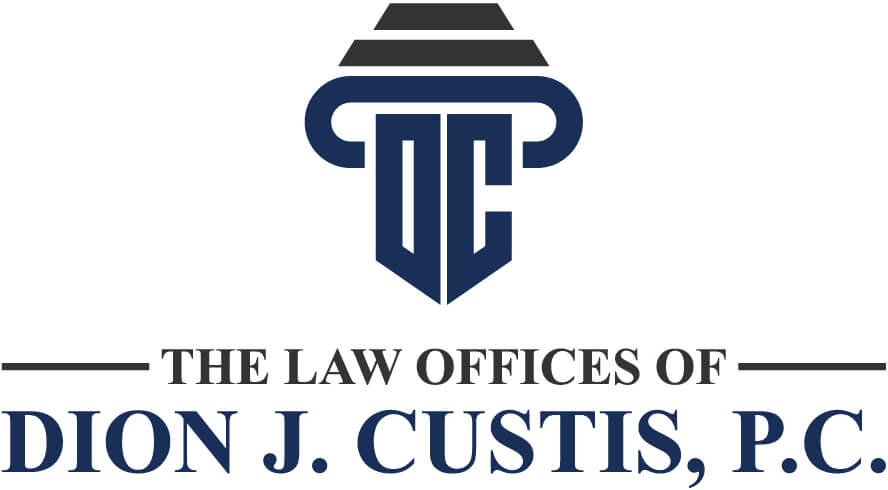The complexities of the American legal system are amplified when individuals face federal and capital charges. These charges are typically associated with serious criminal offenses and often carry significant consequences, such as lengthy incarceration or even death. With the devastating impact on an individual’s personal and professional life, it is imperative to understand the nature of these charges to prepare for upcoming legal challenges.
In this comprehensive guide, we will explore the basics of federal and capital offenses in Wyoming, including definitions, potential penalties, and the critical role of an experienced attorney during these trying times. As skilled criminal defense attorneys, we aim to help you navigate this intricate subject and provide clarity to those facing such charges.
Federal offenses encompass a diverse range of crimes classified under the United States Code. Some common examples include white-collar crimes, drug trafficking, firearms offenses, and various types of fraud. Due to the severity of these offenses, federal law enforcement agencies, like the FBI or DEA, generally spearhead investigations. To provide a fair trial and avoid biases, such cases are often prosecuted in a federal court rather than state courts.
Capital offenses represent the most severe crimes within American society. These cases are usually associated with first-degree murder and, in some instances, other grievous offenses committed alongside the murder. Consequences for capital offenses could potentially lead to capital punishment or life imprisonment.
Both federal and capital charges have a profound impact on those accused and their families. With severe penalties and the stigma attached to a conviction, one must secure a knowledgeable and resourceful attorney to protect their rights. As we delve further into the subject, you will understand how our dedicated team at Law Offices of Dion J. Custis, P.C. can provide exceptional support and guidance throughout the legal proceedings.
Understanding Federal Offenses
Federal criminal offenses encompass a broad spectrum of crimes defined by the United States Code. These range from minor infractions to severe felonies, requiring individuals to understand the specific nature of their charges. Some of the most common federal offenses include:
1. White-Collar Crimes: These non-violent crimes involve financial deception and can include embezzlement, insider trading, and fraud.
2. Drug Trafficking: The illegal distribution and sale of narcotics, as well as conspiracy to do so, is considered a federal offense.
3. Firearms Offenses: Violations of the federal laws governing firearms, such as illegal possession, trafficking, or use of a firearm, are treated as federal offenses.
4. Fraud: Various types of fraud, including healthcare, mail, wire, and tax fraud, are categorized as federal crimes.
These offenses often involve interstate or international elements, subjecting them to federal jurisdiction. Federal law enforcement agencies, such as the FBI or DEA, often lead investigations due to the need for specialized resources and expansive knowledge.
The Legal Process for Federal Criminal Cases
Understanding the legal process for federal criminal cases is vital for individuals facing these charges. The following outlines the critical stages involved in this process:
1. Investigation: After allegations of a federal offense, relevant law enforcement agencies initiate an investigation. During this stage, investigators gather evidence, interview witnesses, and secure search warrants if necessary.
2. Charges and Arrests: If sufficient evidence of wrongdoing emerges, the prosecution can charge the accused with a federal crime. An arrest warrant is often obtained, and the accused is taken into custody.
3. Arraignment: Shortly after the arrest, an arraignment occurs whereby the accused may plead guilty or not guilty. A federal magistrate judge sets the terms for release or bail, and a trial is scheduled.
4. Discovery: Much like the discovery phase in state cases, the prosecution and defense teams share evidence gathered during their respective investigations.
5. Pretrial Motions: Both sides may submit pretrial motions at this point, requesting the inclusion or exclusion of specific evidence or the dismissal of charges.
6. Trial: If no plea agreement is reached, the case proceeds to trial, where both parties present evidence and arguments. Federal trials entail a judge or jury determining the accused individual’s guilt or innocence.
7. Sentencing: Federal courts use sentencing guidelines to aid in assigning penalties for convictions. Following a conviction, the judge assigns a sentence, including fines, imprisonment, restitution, or community service.
Grasping the Severity of Capital Offenses
Capital offenses represent the most severe criminal acts within American society and typically pertain to first-degree murder. However, additional acts such as kidnapping resulting in death, espionage, and treason can also be classified as capital offenses. These crimes carry the harshest penalties under American law, including capital punishment or life imprisonment without parole. Understanding capital offense investigations and seeking experienced legal representation is paramount, given the escalated repercussions.
Defending Federal and Capital Offenses: Strategies and Considerations
Preparing a strong defense strategy in federal and capital offense cases is critical for those looking to protect their rights and mitigate the consequences. Defense strategies will differ significantly based on the type of crime, evidence presented, and surrounding circumstances. Some common defense tactics for federal and capital offenses include:
1. Suppression of Evidence: Identify any illegal search and seizure methods law enforcement uses during the investigation. In doing so, defense attorneys can file a motion to suppress the unlawfully obtained evidence.
2. Challenging Witness Credibility: Recognizing inconsistencies within witness statements may establish doubt in their reliability, consequently discrediting their testimony.
3. Demonstrating Lack of Intent: In certain cases, illustrating that the accused lacked intent to commit the crime may serve as a viable defense tactic.
4. Legal Technicalities: Exploring breaches of procedure or technical errors committed by law enforcement or prosecution might provide legal grounds for case dismissal or reduced charges.
5. Plea Agreements: In specific instances, agreeing to a plea deal and pleading guilty to a less severe charge may lessen potential penalties or benefit the defendant.
Navigating Federal and Capital Offenses with Expert Legal Representation
Facing federal or capital criminal charges poses a significant challenge for the accused individual and their loved ones. Acknowledging the profound implications associated with these cases and securing knowledgeable representation is essential in achieving the best possible outcome.
At Law Offices of Dion J. Custis, P.C., our team of dedicated and experienced federal charges lawyers understands the complexities of federal and capital offenses. We strive to provide unwavering support and guidance, diligently advocating for your rights amid legal challenges. Reach out today to discuss your case and learn how our expertise can benefit you during this arduous process.






